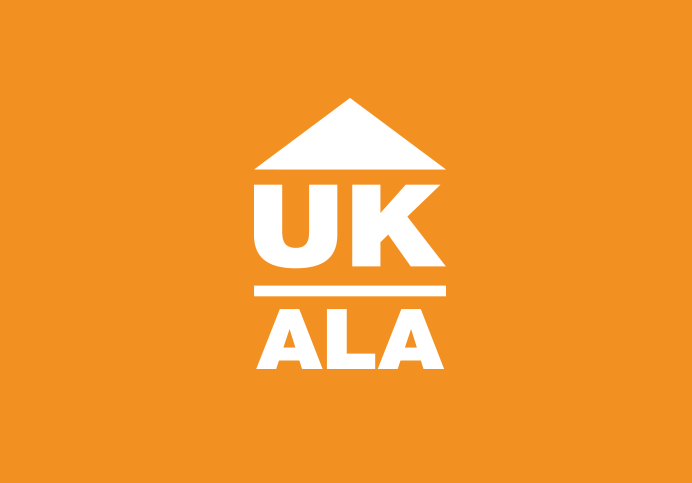
Outstanding bills
If the accounts for gas, electricity, water, telephone, council tax and other utilities are in the name of the tenant, then payment is a matter between the tenant and the supplier, and the supplier cannot require the landlord to pay.
During the final inspection when the tenant is moving out, the landlord should take meter readings himself and agree it with the outgoing tenant, in case there is a dispute. The landlord should also ask which companies are supplying gas and electricity etc.
If the accounts for gas, electricity, water, telephone, council tax and other utilities are in the name of the tenant, then payment is a matter between the tenant and the supplier, and the supplier cannot require the landlord to pay.
During the final inspection when the tenant is moving out, the landlord should take meter readings himself and agree it with the outgoing tenant, in case there is a dispute. The landlord should also ask which companies are supplying gas and electricity etc.
If the gas or electricity company is trying to charge the landlord for bills charged to the previous tenant the landlord can complain to EnergyWatch on their dedicated helpline: 0845 906 0708, via Typetalk on 18001 08459 06 07 08, or via email at: enquiries@energywatch.org.uk. Their website is: www.energywatch.org.uk
The landlord will need to pay the bills for any services used during a void period. He will also need to notify the council if the property is empty after the tenants move out (in which case he may be liable to pay the council tax) and it is advisable to notify the council if new tenants are moving in immediately so that they can bill appropriately.
If the tenants are moving out before the fixed period of the tenancy comes to an end the landlord should seek agreement with them about whether or not they will pay the bills for the remaining period of the fixed term (or until new tenants move in). If the original tenancy agreement included a clause that tenants who leave early would be liable for bills until the end of the fixed term then the landlord will need to ask for payment in advance or a forwarding address for the tenants to receive the bills.
If, for some reason, the landlord keeps the utilities in his name but wants the tenant to pay for their use, he will need to ask the suppliers to provide a bill promptly at the end of the tenancy so it is clear how much the tenant owes. (This arrangement should be avoided, if at all possible.)
If the landlord wants to be able to offset the final bill against any deposit that he holds, it will need to be made clear in the tenancy agreement that the deposit can be used in this way.